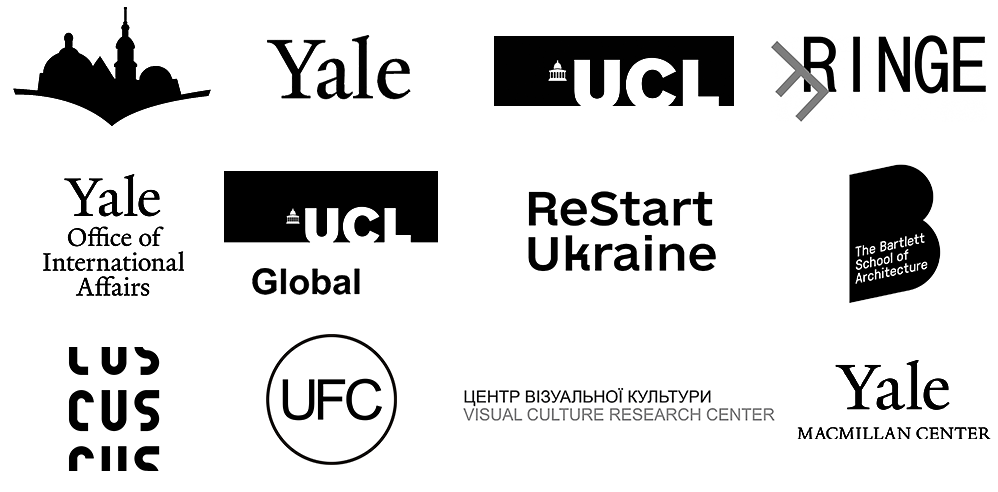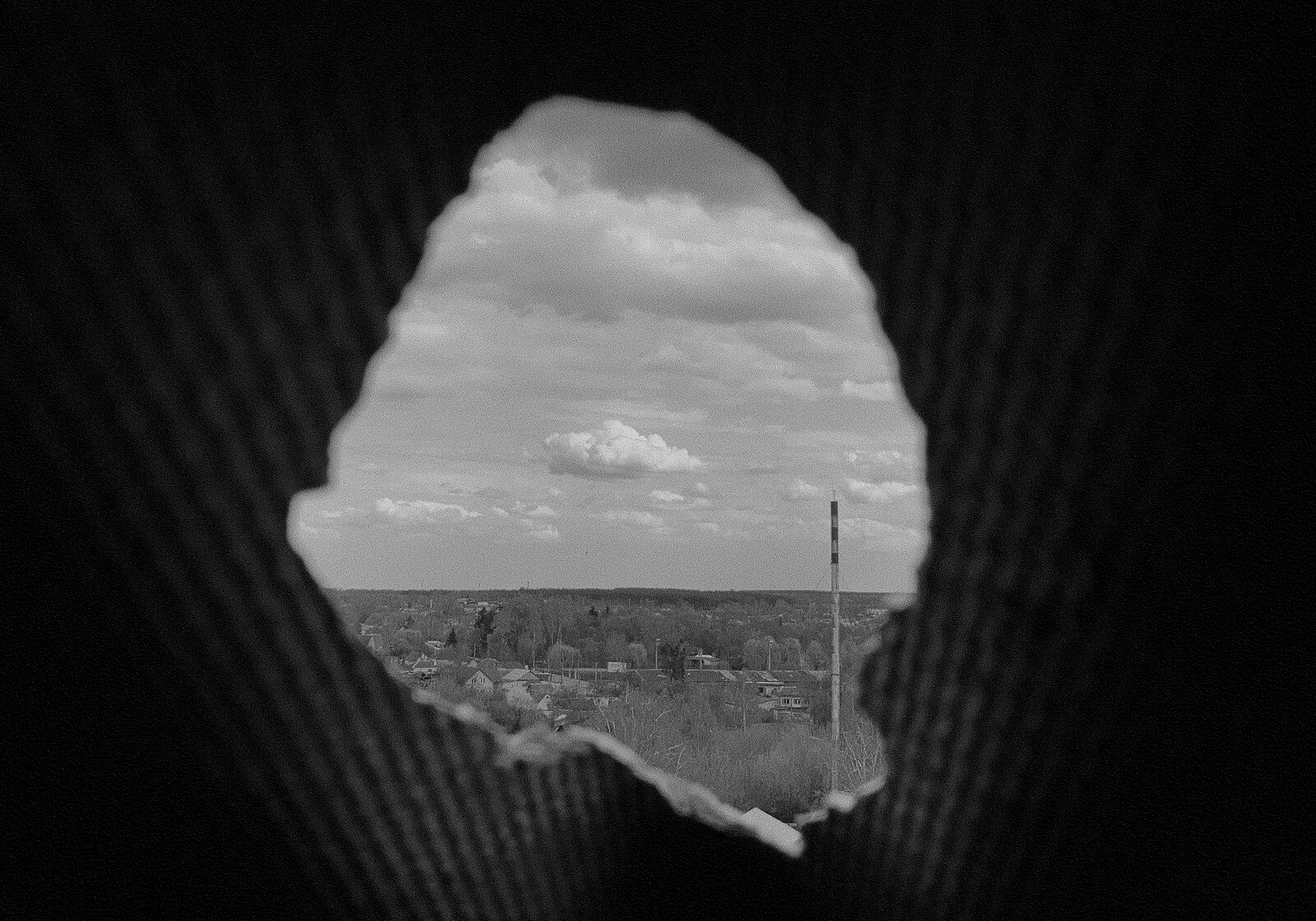A symposium of ideas and strategies
September 9–11, 2022
The Reconstruction of Ukraine is an upcoming symposium that focuses particular attention to cities, architecture, art, culture and psychological trauma—but the scope of the conversations it aims to start is broader. In due course, the discussions led and held by over forty international speakers during the symposium may coalesce into myriad projects, initiatives and experiments undertaken by government institutions, municipalities, educational and cultural bodies and other more interstitial actors. The ambition of this symposium is to establish a platform for dialogue, facilitating communication, collaboration and constructive argument between diverse actors and initiatives.
The symposium will take place over three days from September 9—September 11, 2022 (7am–4pm EDT / 12–8pm GMT+1 / 2–10pm GMT+3). To register, please follow this link.
Day one of the symposium is titled “Ruination, Resistance, Shelter: Responses to the Direct Impact of War.” It will feature an introductory panel followed by discussions related to ecocide, urbicide, displacement, cultural heritage, and infrastructure. Day two is titled “Representation, Mourning, Memory: Working Through War.” This section will discuss trauma, grief, mourning, war and the arts of witness, historical narratives, and institutional practices. The third and final day is titled “Solidarity, Appropriation, Justice: Generating Common Futures.” This section will discuss masterplanning, microplanning, restitution, the political economy of reconstruction, reconciliation, retribution, and international solidarity. For a more in depth programme, please follow this link to the symposium’s website.
This symposium has been convened by a core organizing team Sofia Dyak, Director of the Lviv Center for Urban History, Marta Kuzma, Professor at the Yale School of Art at Yale University, and Michał Murawski, Associate Professor of Critical Studies at the School of Slavonic and East European Studies, University College London; with institutional cooperation and support by the Center for Urban History, Lviv; Center for Urban Studies, Kyiv National University of Construction and Architecture; Re-Start Ukraine; University College London; Urban Forms Center, Kharkiv; Yale University, New Haven; Visual Culture Research Center, Kyiv.







